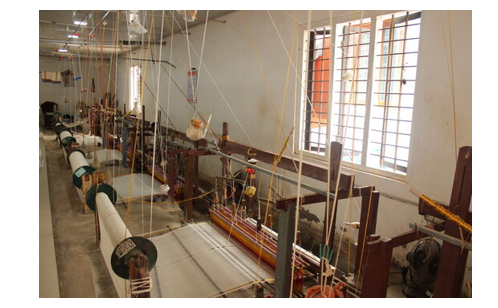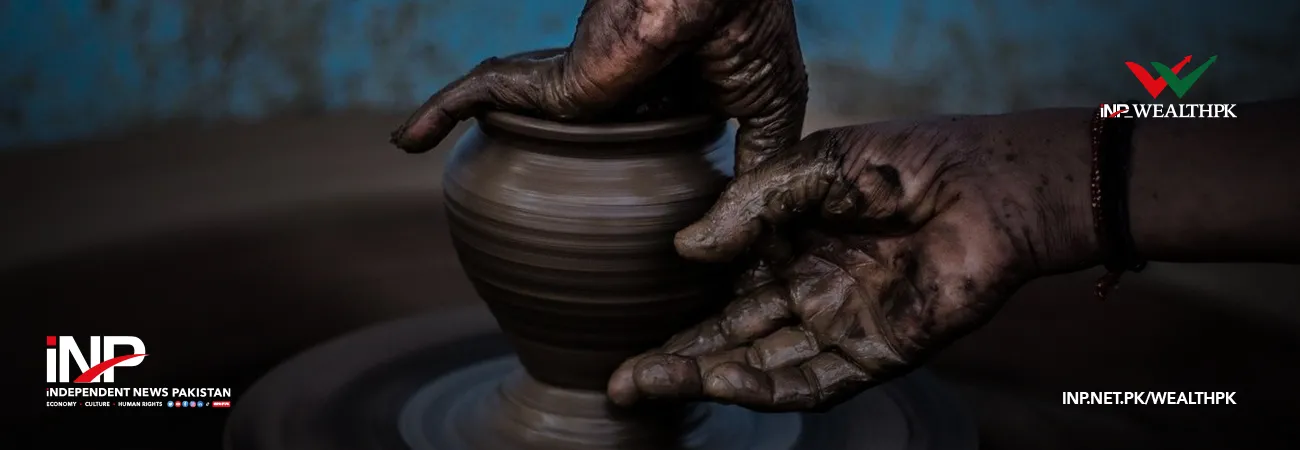INP-WealthPk
Ahmed Khan Malik
Sindh’s cottage industry foresees a tough time ahead in the wake of heavy taxation proposed in the provincial budget for the fiscal Year 2024-25.

“This budget offers us nothing but hard days in the upcoming fiscal, as the taxation measures wouldn’t benefit the cottage industry to post growth,” Mustafa Zikria, Chairman of the Cottage Industries Association, Sindh, told WealthPK. He said the recent hike in tax rates on various items essential to the cottage industry could hinder its growth. He was especially worried about the increased withholding tax imposed to boost revenue collection. He emphasized the significant role the cottage industry plays in the economy but lamented that it was overlooked in the past and still struggles to get the attention it deserves from the relevant authorities. “This sector is already short of capital, as the financial institutions are not willing to extend financing at low interest rates, thus hindering the sector’s development. The import policy of the government also discourages the industry.
A further challenge is the availability of quality raw materials, which are often expensive and subpar in quality,” he said. Manzoor Naqvi, a consultant for the cottage industry at the Sindh Industries Department, told WealthPK that outdated production methods contribute to poor product quality. As a result, these products are sold at low prices to middlemen due to the lack of marketing facilities. He said the cottage industry could not even advertise its products in the media due to lack of sufficient capital. He pointed out that one major shortcoming of the cottage industry is its failure to hire qualified engineers and experts, which is crucial for boosting productivity. “Shortage and breakdown of electricity badly affects production. The price of electricity is also rising day by day, leading to an increase in the cost of production. The lack of standardization is another problem, as the mixing of good and bad products creates marketing problems both domestically and internationally,” Naqvi explained.
Credit: INP-WealthPk













